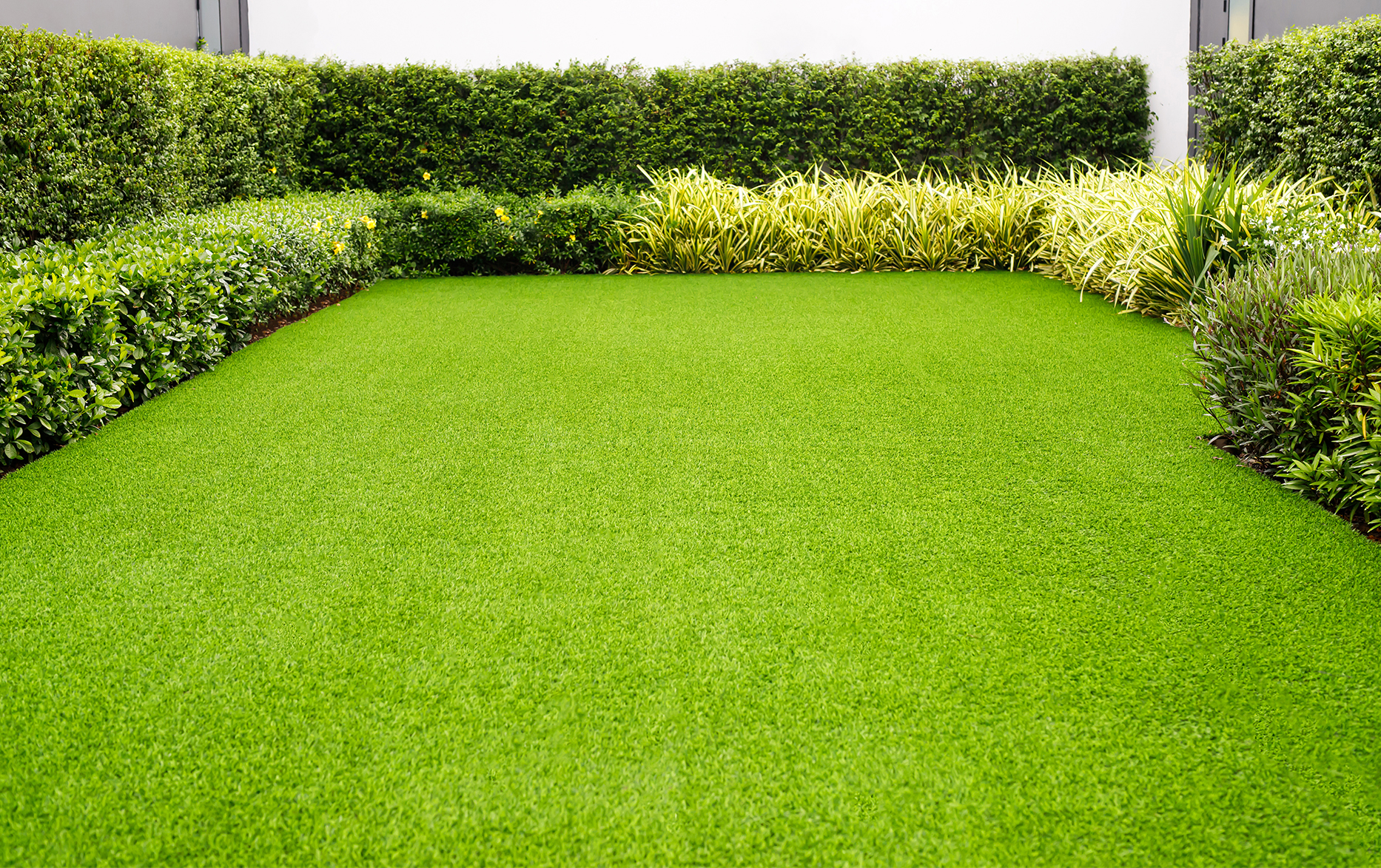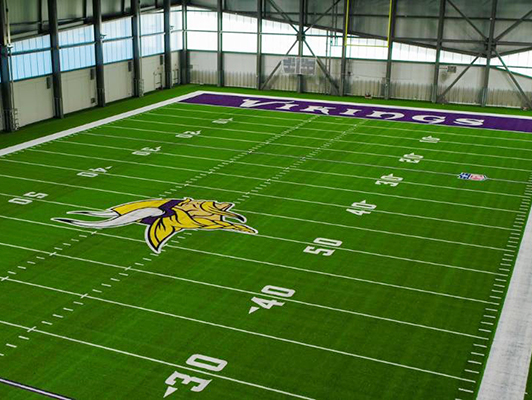Eco-Friendly Arizona Artificial Turf for a Always-Green Lush Green Lawn
Eco-Friendly Arizona Artificial Turf for a Always-Green Lush Green Lawn
Blog Article
Explore the Environmental Benefits of Opting for Synthetic Grass Solutions
The fostering of man-made lawn remedies provides an engaging chance to attend to pressing environmental difficulties. By significantly minimizing water usage and reducing the application of harmful chemicals, these options not only advertise sustainable landscaping but likewise protect local communities. The lower carbon impact connected with decreased maintenance activities contributes to a much more lasting technique to land administration. The effects of these benefits extend beyond simple preservation efforts, increasing concerns about their long-term influence on habitat preservation and general eco-friendly equilibrium. Discovering these measurements reveals a complex interaction worth thinking about.
Water Preservation Benefits
Among the most significant advantages of synthetic grass is its capability to preserve water. Conventional yard yards need considerable irrigation, specifically in locations susceptible to drought or water constraints. On the other hand, synthetic grass does not need watering, considerably decreasing the total need for water sources. This feature is especially beneficial in deserts where water shortage is a pressing issue.
By eliminating the need for normal watering, man-made grass adds to sustainable landscape techniques and aids alleviate the ecological impact of excessive water usage. The conservation of water prolongs to the reduction of drainage, which can lead to soil disintegration and waterway pollution.
Furthermore, the setup of synthetic grass allows communities and property owners to designate water resources extra successfully, concentrating on vital uses such as alcohol consumption water and agriculture. The change in the direction of man-made lawn not just promotes liable water usage yet additionally lines up with more comprehensive ecological goals aimed at maintaining natural deposits.
As communities progressively focus on sustainability, the water conservation advantages of synthetic grass present an engaging case for its adoption in commercial and household landscaping projects.
Lowered Chemical Use
The shift to fabricated grass significantly lowers the dependence on chemical treatments generally used in all-natural grass maintenance. Traditional lawn management normally involves the application of pesticides, herbicides, and plant foods to promote growth and control pests. These chemicals can position risks to human health, regional wildlife, and the atmosphere, adding to soil and water contamination.
In contrast, fabricated lawn removes the demand for these hazardous materials. By decreasing the launch of synthetic compounds right into the ecosystem, fabricated lawn promotes much healthier dirt and water systems.
In addition, the absence of chemical drainage associated with fabricated turf setups assists secure local rivers from pollution, sustaining aquatic life and keeping biodiversity. Arizona artificial turf. As areas progressively prioritize sustainable practices, deciding for synthetic grass offers a feasible solution that lines up with ecological conservation goals. With this shift, homeowner can appreciate lavish environment-friendly spaces without compromising eco-friendly health and wellness, leading the way for an extra lasting future
Lower Carbon Footprint
Furthermore, the installation of synthetic lawn can lead to considerable water preservation. All-natural lawns require considerable quantities of water for irrigation, which not just contributes to the carbon footprint connected with water removal and therapy but also strains neighborhood water resources. In contrast, synthetic grass requires marginal upkeep, needing no watering, therefore considerably reducing water use and its linked power costs.
Furthermore, the longevity of synthetic grass adds to its lower carbon effect. With a life expectancy of approximately 15 years or more, the demand for regular replacements is decreased, leading to less waste and lower power usage in manufacturing and getting rid of traditional grass choices. site link On the whole, synthetic grass offers a lasting choice for eco conscious landscaping.
Habitat Preservation
Habitat conservation is a crucial factor to consider in the discussion over landscape design choices, specifically when comparing synthetic grass to all-natural turf. All-natural grass yards often need considerable maintenance, including making use of plant foods, herbicides, and chemicals, which can detrimentally affect local communities. These chemicals can seep right into the dirt and rivers, hurting native plants and fauna and interfering with neighborhood habitats.
On the other hand, synthetic grass provides an opportunity to minimize the environmental impact of landscaping. By selecting synthetic yard, property owners can minimize the disturbance of all-natural habitats related to standard yard treatment practices. Fabricated lawn eliminates the need for unsafe chemicals, therefore securing nearby wild animals and preserving the honesty of surrounding ecological communities. Furthermore, the installment of synthetic grass can lead to the conversion of previous yard locations right into even more biodiverse landscapes, such as pollinator gardens or indigenous plant areas, which can support local view wildlife.
Ultimately, the change to man-made grass not only saves water and decreases upkeep initiatives yet likewise cultivates a more unified connection between human activities and the natural atmosphere, promoting habitat conservation in the process.
Long-Term Sustainability
Lasting sustainability is a crucial element in reviewing the advantages of synthetic grass over traditional yard lawns. One of one of the most considerable benefits of fabricated grass is its resilience; it can last approximately 15-20 years with minimal upkeep, whereas natural turf needs frequent reseeding and replacement. This longevity lowers the need for constant resources, such as water, fertilizers, and pesticides, which are important for maintaining a healthy yard yard.
Additionally, synthetic grass adds to a decrease in carbon discharges connected with grass treatment tools. Typical lawns typically call for gas-powered lawn mowers, leaners, and blowers, all of which add to air pollution. Artificial turf companies phoenix. On the other hand, synthetic grass gets rid of the requirement for such tools, promoting a cleaner setting
Furthermore, the production of man-made grass significantly makes use of recycled materials, improving its sustainability profile. As producers embrace green techniques, the environmental footprint of synthetic grass remains to lessen.

Conclusion
The adoption of synthetic grass remedies provides significant environmental advantages, consisting of significant water preservation, decreased dependence on damaging chemicals, and a lower carbon impact. In addition, artificial lawn aids in preserving why not find out more natural habitats by reducing land disruption and promoting lasting sustainability through using sturdy materials. Collectively, these factors underscore the possibility of synthetic grass to add positively to environmental health and provide a feasible alternative to typical landscaping practices in a progressively resource-conscious world.
In contrast, synthetic turf does not require watering, substantially decreasing the overall need for water resources. By reducing the release of artificial compounds right into the environment, synthetic lawn advertises much healthier soil and water systems.
Furthermore, the setup of fabricated grass can result in significant water conservation. In contrast, artificial lawn needs minimal maintenance, needing no watering, thus dramatically reducing water usage and its associated energy prices.

Report this page